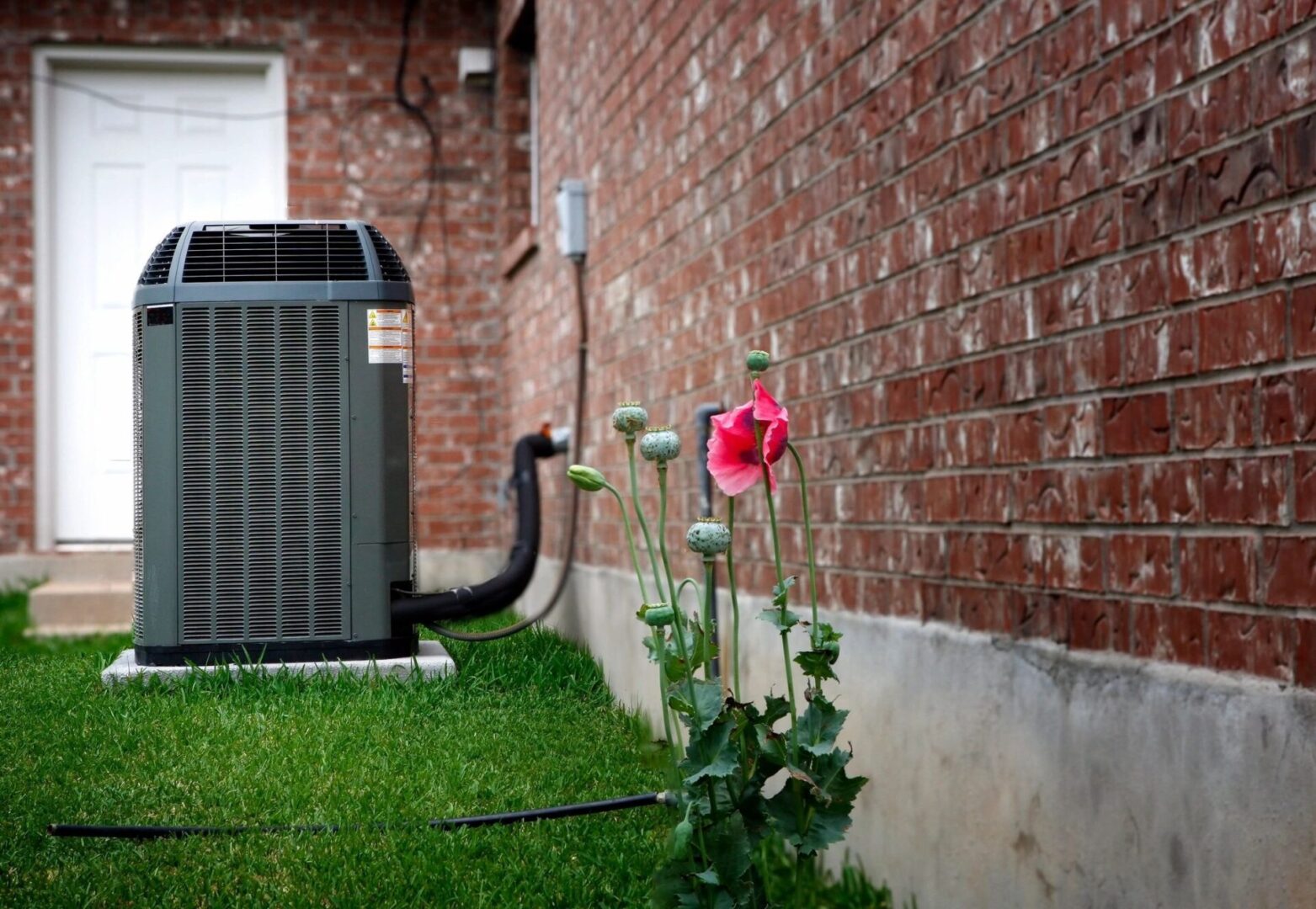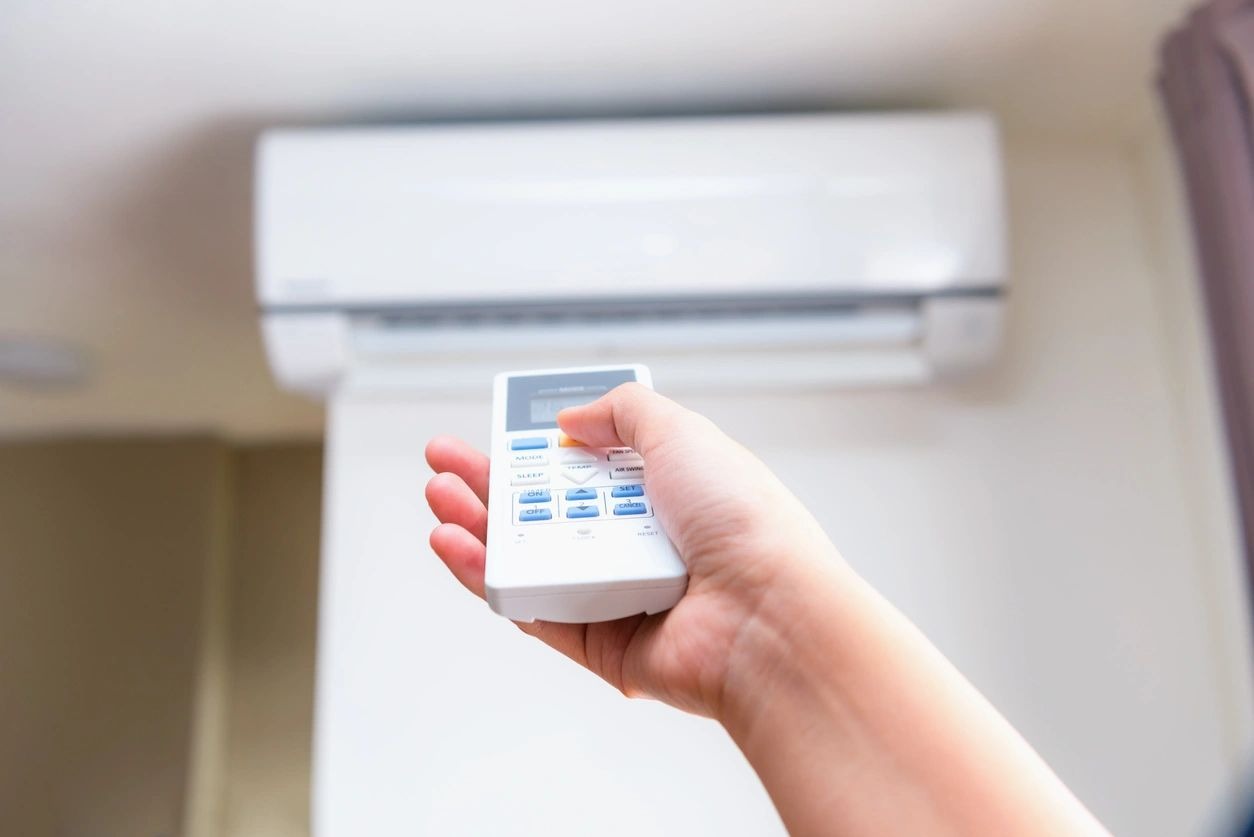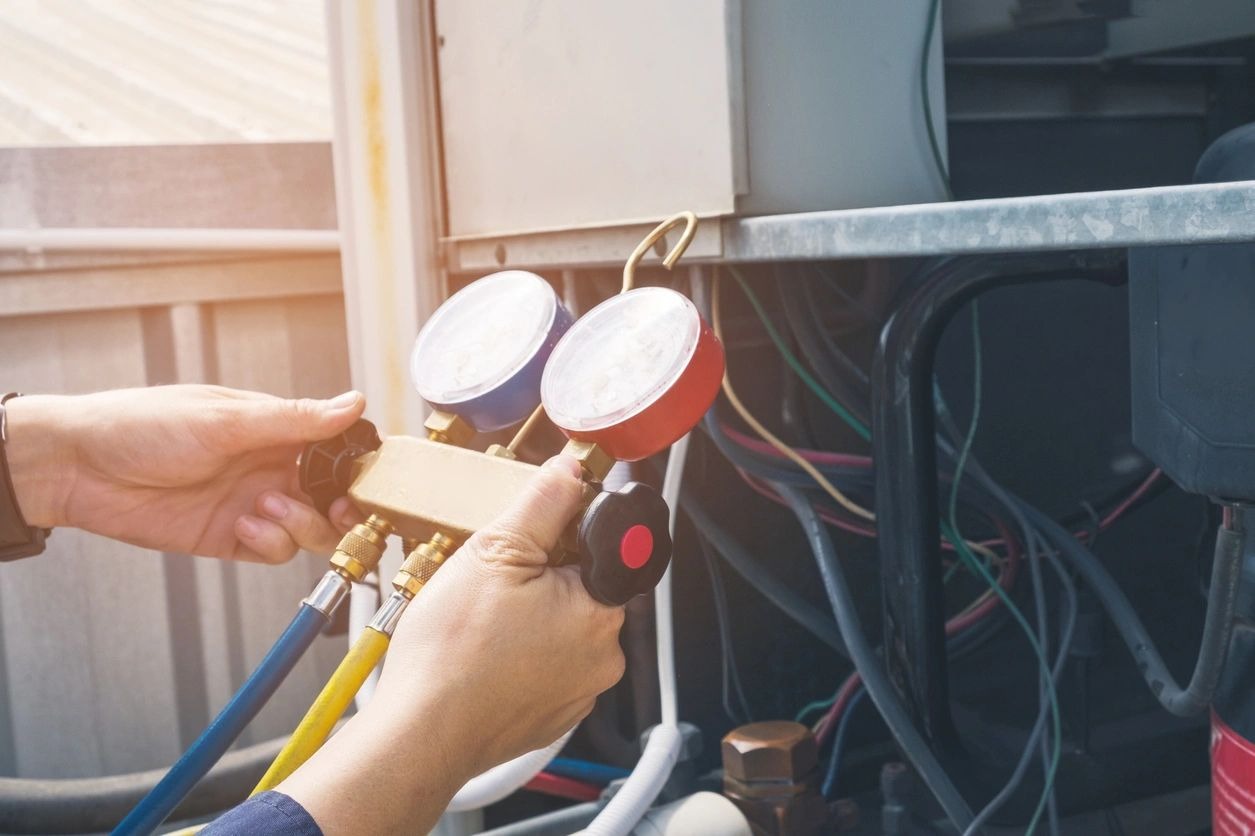Expert Heating &
Cooling Services
in Gwinnett County, Georgia
We are known for our top-notch HVAC services, including repair, replacement, and maintenance.

Furnaces and Heat Pumps
Often, customers are undecided about having a furnace repaired or a heat pump. Able Service Company assists with making the best decision regarding your home's heating and cooling needs in Lawrenceville and surrounding areas.
A furnace is typically lower in cost, but naturally, it would need to be paired with an air conditioner. As long as you go with a good energy-efficient model, it will lower your energy bills, typically lasting longer as well.
Heat pumps are single systems and they use the outside air to heat or cool the home and are a bit more expensive. Other differences to consider, it may not make your home as toasty as a furnace, and since you run them all year long, their life span is a bit shorter. This option removes the need for two units to be maintained regularly.
Preventive Maintenance
**More than three systems $75.00 extra per unit
ITEMS INCLUDED
In preventive maintenance, service condenser acid bath, $72.50 included in service regularly to:
OTHER SERVICES PROVIDED BY OUR COMPANY
PREVENTIVE MAINTENANCE CUSTOMERS DISCOUNT RATES
1 year plan = 5% discount on all repair work
2 year plan = 8% discount on all repair work
3 year plan = 10% discount on all repair work
Does not apply to service calls OR the installation of new equipment.
Humidifiers and Dehumidifiers
Help make dry air more comfortable by boosting your indoor humidity level. Typically, your humidity level – or the amount of water vapor in the airdrops during the colder months because cold air cannot hold as much moisture as warm air does.
Sanitizing
Most of the cleaning and other products consumers use in their homes are made with horrible chemicals that can cause havoc on the indoor air that they breathe. Sanitizing will help eliminate this problem.
Mold Testing
When found in abnormally high amounts in a human dwelling, it can be a serious health hazard because it excretes toxic compounds known as mycotoxins. If you believe you have a mold problem or need mold inspection, connect with us now.
Indoor Air Quality
There are many ways to improve the quality of air in your home. Call Able HVAC Experts for expert services.

Useful Information
Most people never think about the air quality inside their homes, at least not before 2020, but the pandemic (plus the wildfires the West Coast experienced in 2020) has brought to light the importance of keeping all areas of your home clean and safe as possible.
Air quality can have a much bigger impact on your health than you might think. Pre-pandemic, people spent about 90% of their time indoors, according to data from the Environmental Protection Agency. And the quality of the air we breathe is crucial to our overall well-being.
Minor impacts of unhealthy indoor air quality include headaches; irritation of your ears, nose, and throat; and dizziness, but more serious effects can include cancer and respiratory diseases. “While we’ve learned a lot over the past year, one big lesson is the importance of indoor air quality.
Using a quality air purifier is one way to improve air quality in your home. You should keep a three-pronged approach in mind: filter the air, introduce fresh air, and manage humidity, experts say. Here are 12 ideas for improving indoor air quality, whether you or someone in your home has allergies, or environmental conditions outdoors are causing poor air quality inside.
Our Promise
We promise to provide quality services at a reasonable cost; we guarantee you’ll be happy with our service.
You would never expect your car to run perfectly without maintaining it. The same is true for heating and air conditioning.
Keeping your furnace working with maximum effectiveness requires yearly maintenance, and a dirty furnace has to work harder and will wind up costing you more.
You never want to experience your air conditioner breaking down on a triple-digit day in the summer. Let us check the refrigerant levels and ensure the system is fully charged without any leaks. Also, cleaning the condensing unit and coil can avoid compressor failure.
We accept various credit cards.
Related Information
1. Remove Air Pollutants
“The first step is to remove anything from your home that is causing your indoor air quality to degrade,” says Able. This may or may not be easy. For example, if you have cleaning supplies, paint, or other chemicals in the house, simply move them to the garage and out of your main living area.
It gets more challenging when the source of air pollution is your pet, however. A family member who is ill can be another source of air pollution that’s not possible to remove.
2. Bring in Fresh Air
Improving the air quality in your home can be as simple and quick as opening windows for ventilation. However, that’s not always practical, depending on the weather, humidity, pollution, pollen levels, and other local factors outside.
3. Update Your Thermostat
“Look for one with a circulating mode,” says the HVAC professional at Able HVAC Experts. Some of these thermostats will run your indoor fan for 20 minutes every hour, while others may allow the fan to run continuously at a reduced speed for constant airflow.
4. Run Bathroom Exhaust Fans for Air Exchange
This may sound extreme as the sound can be grating, but a run time of 3 hours on and 2 hours off can help improve indoor air quality. This feature will help draw air out of the home, thereby drawing fresh air in to replace it.
5. Maintain Your Dehumidifier
Take care to keep your dehumidifier clean and running throughout the humid season in your area, Able says. For example, in the Northeast, April through October would make sense; it would be sensible for Georgians to run dehumidifiers all year long.
6. Add Humidity in Winter
Whether it’s delivered via a portable or professionally installed system, humidity is the key to maintaining a healthy air environment (especially during winter months, when air is typically dry). Humidifiers are recommended by the American Society of Heating, Refrigerating, and Air Conditioning Engineers, Able says, Let us do the job.
7. Buy a Quality Air Filter
It makes sense that the higher quality the air filter, the more particles it will capture, but the catch is that smaller particles will make the filter clog faster, requiring more frequent replacement, Able says. He recommends changing your air filter every 30 days (or, if you have a larger capacity filter, every six months). Keep replacement filters on hand, so you have them when you need them.
8. Limit Scented Items
“We hate to break it to you, but those scented candles, air fresheners, diffusers, etc. that you love can actually be contributing to the poor air quality inside your home,” Able says. Some contain volatile organic compounds (VOCs)—such as formaldehyde, benzene, and toluene—that can be hazardous, causing headaches and irritation to your eyes, nose, and throat. Many cleaning, disinfecting, cosmetics, degreasing, and hobby products contain VOCs.
9. Get Houseplants
Indoor plants are a great way to add life and visual interest to any space—they may also help to increase oxygen inside your home and purify the air. They help filter the pollutants that originate from inside your home, including those from cleaning products, furniture, wood, carpets, natural gas, trash, and more, according to the owner of Able.
10. Examine Your Air Ducts
Keeping your air ducts clean is important for air quality inside your home. Some common signs that your air ducts need cleaning include visible dust build-up on the registers or furniture and an increase in allergy flare-ups.
11. Check Cooking Vents
Pay close attention to your vent hood or your microwave with a carbon filter above your range in the kitchen; ensure the vents are working and clean them (and the filters) regularly. This is especially important if you have a gas range, as carbon monoxide can be emitted into the air when burners are on.
12. Clean Your Floor Coverings
Many homes have carpets and rugs, but they’re also a top source for collecting pet dander, dirt, pollen, and more—particles that can be kicked up with every step. Make sure you clean them regularly to help minimize build-up. You may also want to consider implementing a no-shoes household to prevent further unwanted contamination build-up that can be harmful to your health.
